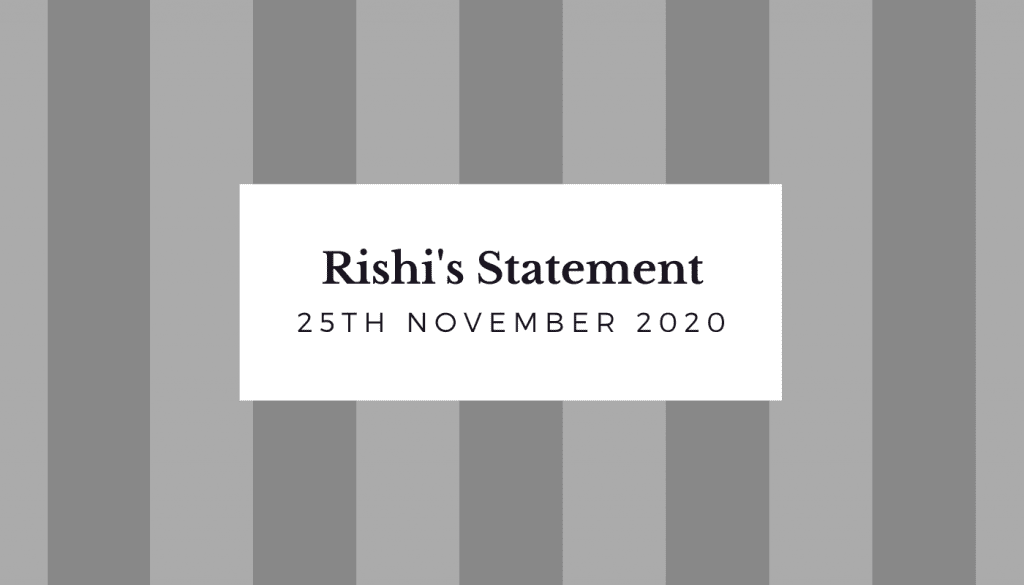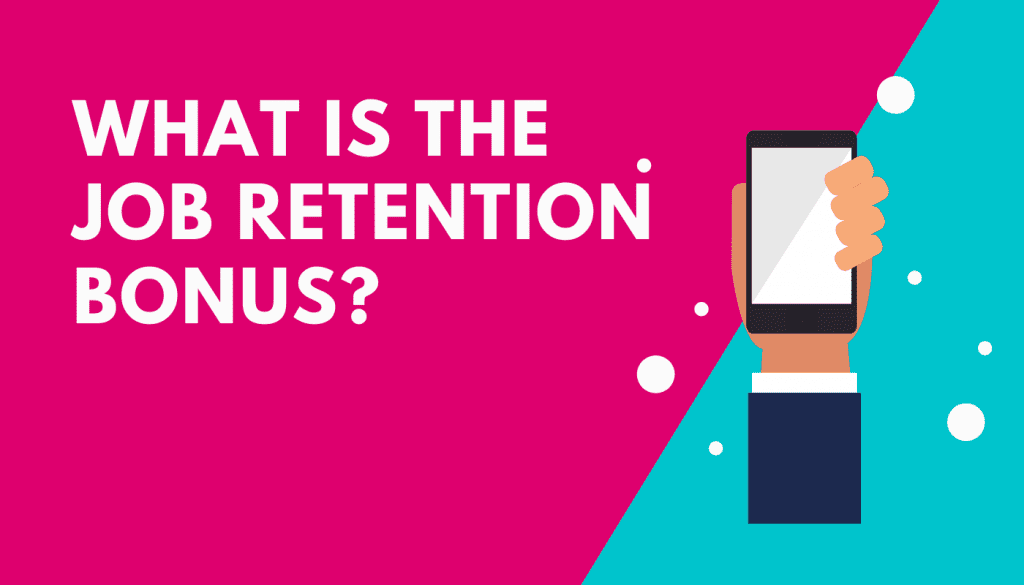
The Chancellor’s update to the House of Commons yesterday made pretty grim listening. It’s not going to surprise anyone to…

The Chancellor’s update to the House of Commons yesterday made pretty grim listening. It’s not going to surprise anyone to…
English Government announce new winter plan to beat COVID-19 This week seems to be a week of announcements from Boris….
Working from home relief = FREE CASH Due to the current pandemic, many businesses have been working from home this…
What are the new business support schemes for covid-19? Yesterday the government announced more support for businesses and the self-employed….
Last night the prime minister addressed the nation and announced a month long lockdown for England. Something we never considered…
The chancellor, Rishi, on Friday popped up with an announcement of more support for businesses in the next 6 months….
Yesterday the chancellor delivered his Winter Economy Plan to the nation. And whatever the colour of your politics this was…
Do your staff members often come to you with questions or problems that they could potentially work out themselves just…

Thousands of smaller businesses in England are set to benefit from £20 million of new government funding to help them…

Employers will be able to claim a one-off payment of £1,000 for every employee they have previously received a grant…